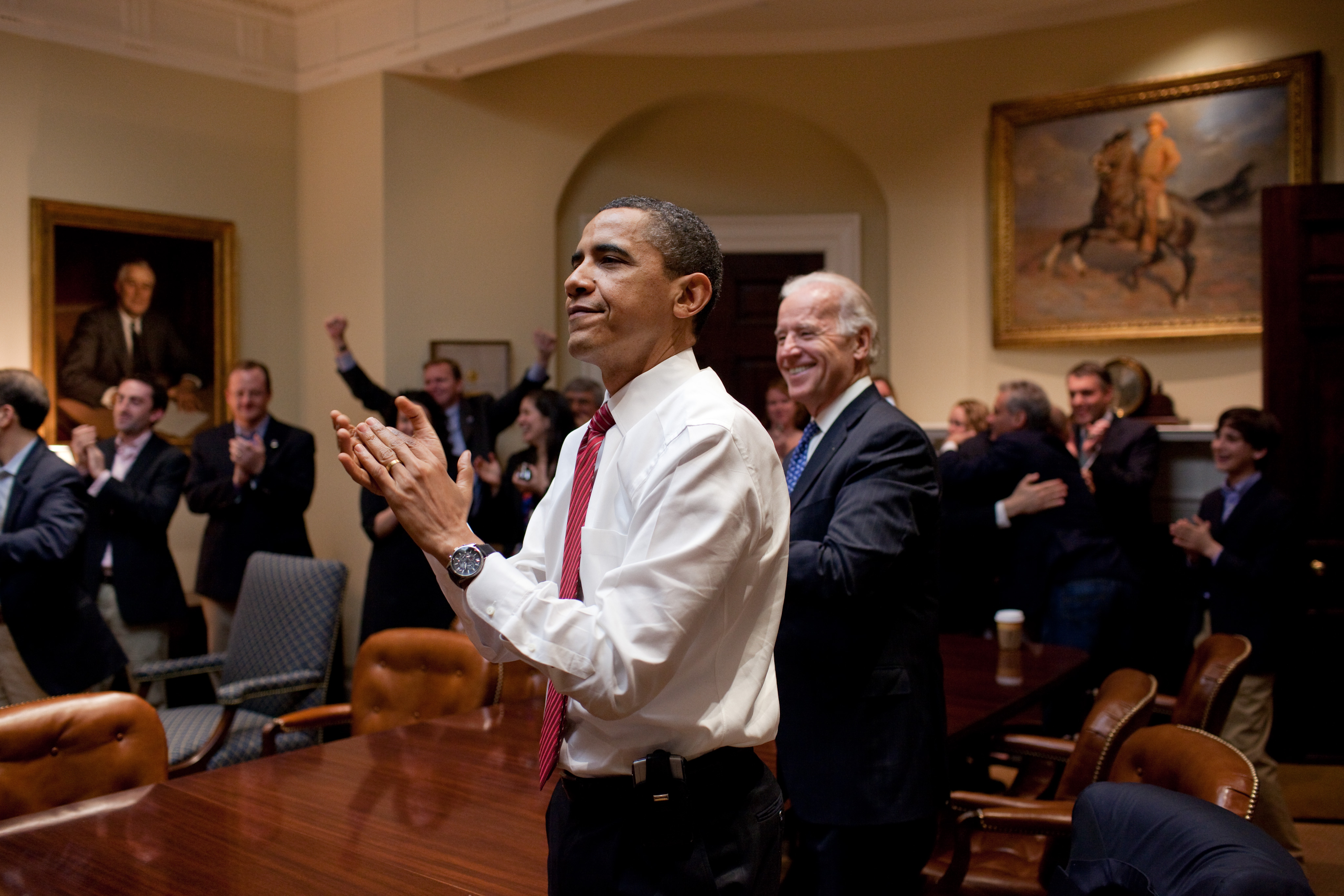Views expressed in opinion columns are the author’s own.
Academic political science is having something of a renaissance in the mainstream media. Reporters and analysts — from Vox‘s Ezra Klein, to New York Magazine‘s Eric Levitz, to FiveThirtyEight‘s Nate Silver — are taking the insights of the discipline far more seriously than they have in the past several decades. On one level, this is a welcome development. We should want our political coverage to be rigorous and data-informed, carrying a deep understanding of how political institutions actually work. What has long passed for punditry is, of course, anything but rigorous: a blindness to historical precedent, an excessive focus on the pageantry of speeches and debates and an insistence that the latest news development really changes everything. American political science brings a necessary skepticism to media hacks’ theories.
But political science “Americanists” — those who primarily study American politics — bring their own biases to the table. And since political science is increasingly influential in the media world, it’s worth examining some of those biases. Over the past four years of taking political science courses, reading some of the big releases in the discipline and following Americanists on social media, I’ve been trying to answer a question: Why do so many Americanists have such decidedly conventional liberal politics? Why does ideological diversity among Americanists seem to range from Pete Buttigieg supporters on the right to Elizabeth Warren supporters on the left?
One possible answer is tenured Americanists are a part of a liberal professional class, and thus tend to support candidates who appeal to liberal professionals. But that’s too blithe an answer. I would instead argue that there are ways in which Americanists’ academic work informs their personal political corniness.
Many Americanists study political institutions. More precisely, they explore what makes some political institutions functional and what makes others dysfunctional. “Functioning,” though, is morally neutral, for the most part. A legislature, for instance, can smoothly produce deeply evil outcomes as easily as it can produce just outcomes. And there are times when it’s morally preferable for political actors to use all tools at their disposal to prevent institutions from functioning — for example, Democrats should have made it as difficult as possible for Congress to authorize the Iraq War.
There’s nothing wrong, exactly, with exploring how to make institutions function on a purely descriptive level. But Americanists have a tendency to slip into prescriptive analysis without seeming to realize it. That is, they tend to value functionality itself — rather than functional political institutions as a mere means to achieving just public policy. Liliana Mason is an Americanist here at the University of Maryland whose work on political mega-identities I genuinely admire. But in her last book, she poses a question: “What if party opinion leaders (of both parties) started talking about politics by commending compromise and acknowledging the humanity and validity of the opposing team?” The answer, as Eric Levitz points out, is that our political system would function better — but it would be less moral. Compromising with Republicans on welfare policy, for example, would likely mean cuts to Social Security benefits. Barack Obama, in an effort to reach a “Grand Bargain” with the GOP, proposed just that. Thank goodness so-called ideologues cared more about protecting seniors than the smoothness of political outcomes, and then forced Obama to drop his proposed Social Security cut.
There are many other problems with American political science. Americanists tend to be quite elitist in their assessment of regular voters’ capabilities. And they often adopt the baffling view that party elites actually know what they’re doing. But I think an underlying issue is the tendency to claim value-neutrality but slouch toward prescriptivism.
One possible solution is to encourage more collaboration between the four main political science subfields, of which American politics is only one. I’m hardly unbiased in this view, but I think my subfield — political theory, which, among other things, studies the normative aspects of political life — has a lot to offer here. Unfortunately, political science departments all across the country are rapidly shrinking their theory programs. Perhaps a more robust relationship between theorists and Americanists would strengthen us both.
Max Foley-Keene is a senior government and politics major. He can be reached at maxfkcap2016@gmail.com.



